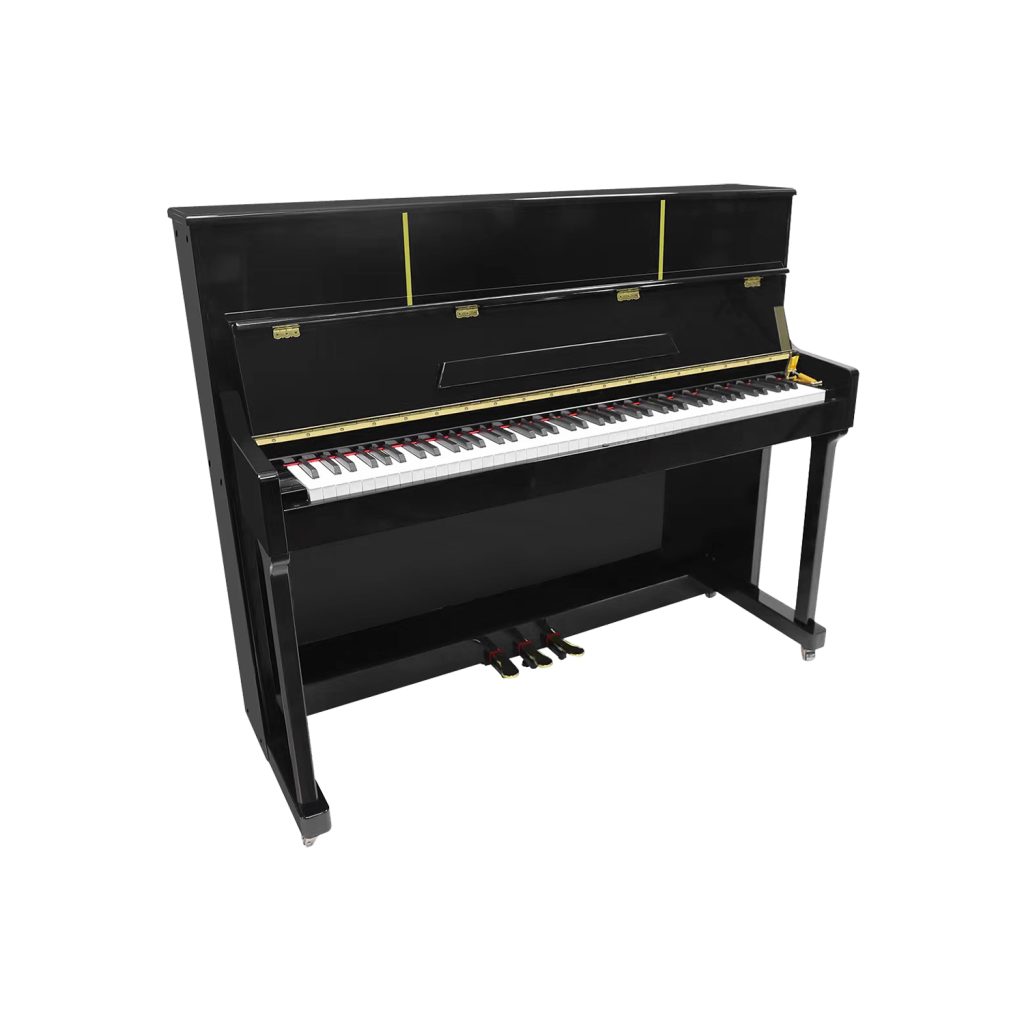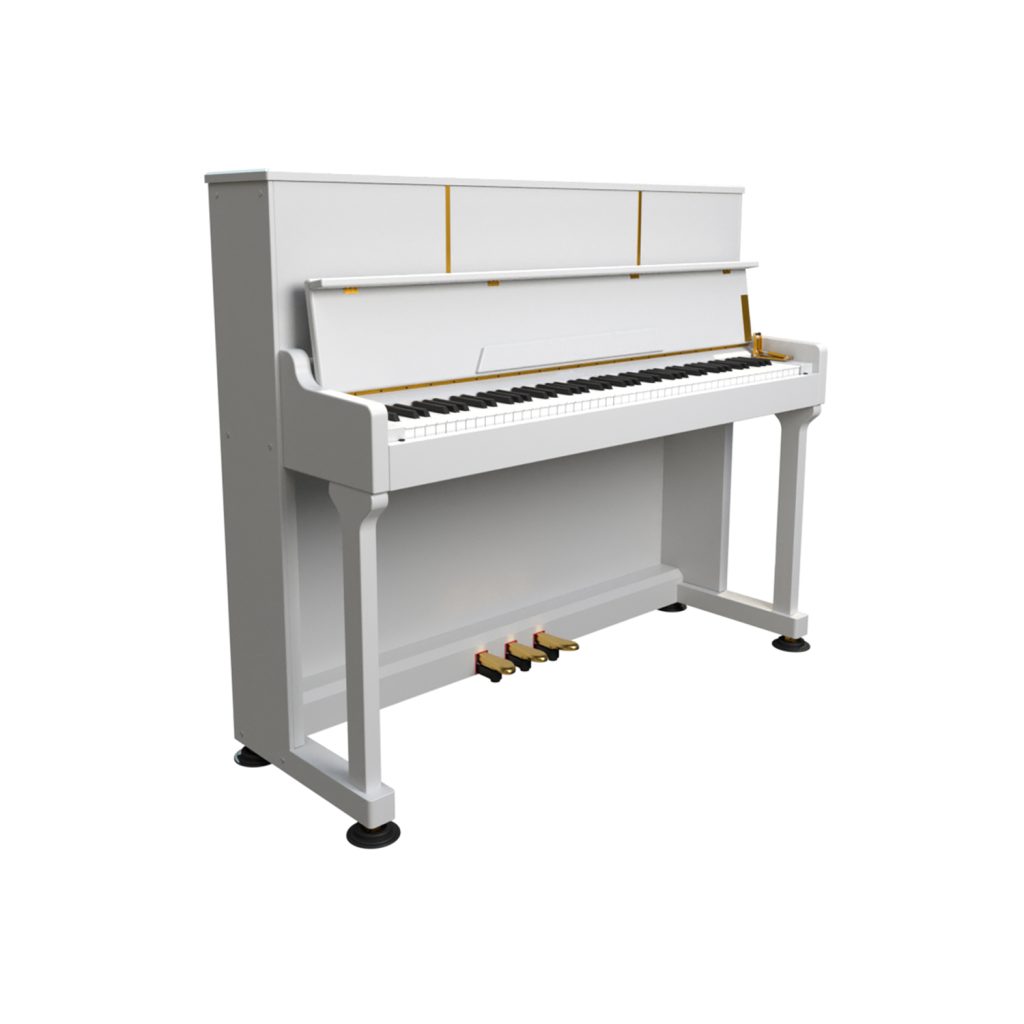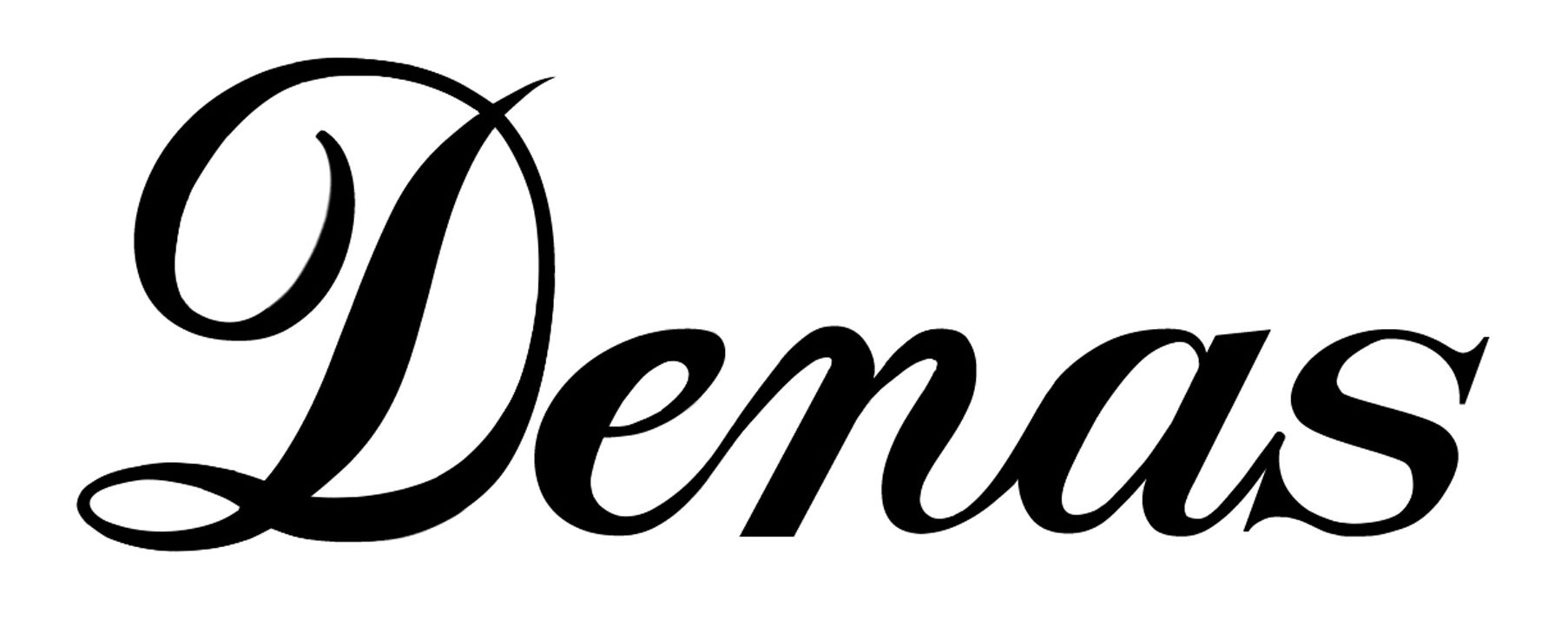The piano is not just a musical instrument; it is a profound reflection of life itself. Through its strings, keys, and pedals, it captures emotions, tells stories, and creates connections. The relationship between the piano and life is one of intricate complexity, where every note played mirrors the emotions and experiences of the human journey.
The Piano as an Expression of Emotion
One of the most powerful aspects of the piano is its ability to express emotions in ways words cannot. Each key, whether soft and delicate or bold and resonant, speaks to the heart in unique ways. In life, we often encounter moments of joy, sorrow, contemplation, and celebration—each of these emotions can be mirrored by the piano.
Consider a piece like Beethoven’s Moonlight Sonata, where the flowing, melancholic melody encapsulates a sense of longing, a deep yearning. In contrast, a lively piece like Chopin’s Grande Valse Brillante expresses the joy of movement and the fleeting beauty of a moment. Just as life is full of contrasts—quiet moments and bursts of exhilaration—the piano offers the same range of expression, from the softest whispers to the most thunderous roars.
The Discipline and Patience Required in Learning the Piano
Life, much like learning the piano, requires patience, dedication, and persistence. When one first begins to learn the piano, the journey often feels daunting. The challenge of mastering finger placement, reading music, and coordinating both hands can be overwhelming, much like the obstacles and challenges we face in life. However, with time, practice, and focus, the player begins to develop fluency and confidence, just as one grows through life experiences.
The process of learning the piano teaches essential life skills: discipline, resilience, and the importance of practice. Mistakes are inevitable, and learning how to correct them is an integral part of the process. Similarly, in life, we learn from our failures and grow stronger with each challenge we overcome. The piano, with its nuanced complexity, acts as a metaphor for personal development—improving with time, just like our understanding of ourselves and the world around us.
The Piano as a Source of Reflection
The piano serves as a space for reflection and introspection. Sitting at a piano allows the player to express thoughts and emotions that might otherwise remain unspoken. Just as life presents us with moments of silence, the piano allows us to embrace both the stillness and the sound. It is in the quiet moments between the notes, the pauses and rests, that we find space for reflection.
Music, much like life, is not just about the notes that are played but also the spaces between them. Those silences are what make the music meaningful. The same can be said for life—it’s not just the events we experience, but also the moments of stillness and reflection that give our lives depth and significance.
The Connection Between Music and Human Relationships
Music, and by extension, the piano, also plays a significant role in human relationships. Whether it’s playing for someone, sharing a favorite song, or learning an instrument together, music creates connections that transcend language. The piano, with its universal appeal, has the power to bring people together across cultures and generations.
In life, relationships are often the driving force behind our actions, and the piano is a tool for connecting with others. A shared musical experience can foster understanding, empathy, and deep emotional bonds. Many people have memories of sitting around the piano, singing or playing together, experiencing joy and companionship. These moments highlight how music, much like life, thrives on connections and shared experiences.
Piano as a Metaphor for Life’s Complexity
The complexity of the piano also serves as a fitting metaphor for the complexity of life. A piano has 88 keys, each producing a different sound depending on how it is played. Life, too, is filled with multiple choices, decisions, and paths, each leading to different experiences. Sometimes, we face dissonance—moments of tension and discomfort—just as certain chords on the piano sound jarring. But over time, we learn to appreciate the full range of emotions and experiences, understanding that both the harmonies and dissonances are essential to the richness of life.
The piano also demonstrates that beauty often arises from complexity. Just as a composer weaves different elements together to create a masterpiece, we, too, must navigate life’s complexities to find meaning and purpose. Life is full of contrasts—joy and sorrow, success and failure, beginnings and endings—but each moment contributes to the symphony of our existence.
The Piano as a Lifelong Journey
Life, like playing the piano, is a journey. Some of us may begin young, others may start later, but there is always room for growth and improvement. The piano, with its endless possibilities, reflects the continuous learning and self-discovery that life entails. There is always a new piece to learn, a new technique to master, or a new emotional depth to explore.
Much like life, there is no definitive “end” when it comes to the piano. Even the most accomplished pianists continue to learn, adapt, and refine their skills. Similarly, we continue to evolve and deepen our understanding of the world and ourselves, no matter our age or experience.
The Piano as a Companion in Life’s Journey
The piano is more than an instrument; it is a reflection of life’s beauty, complexity, and depth. From the emotional power of its sound to the discipline and patience required to master it, the piano teaches us about ourselves, our relationships, and the world around us. It is a companion on life’s journey, helping us express what words alone cannot, offering moments of reflection, and connecting us to others in profound ways.
In both music and life, the key is to embrace the full range of experiences—both the highs and lows, the moments of clarity and confusion—and to recognize that, just like a beautiful piece of music, life is richest when we allow all the notes, both harmonious and dissonant, to play their part.




